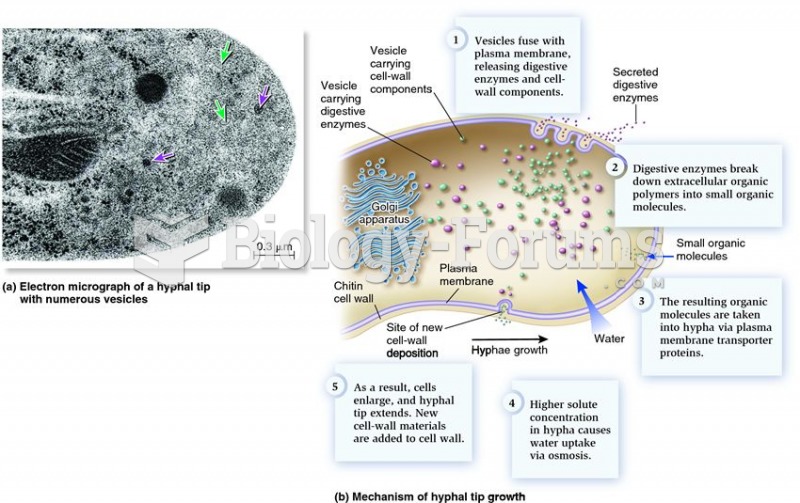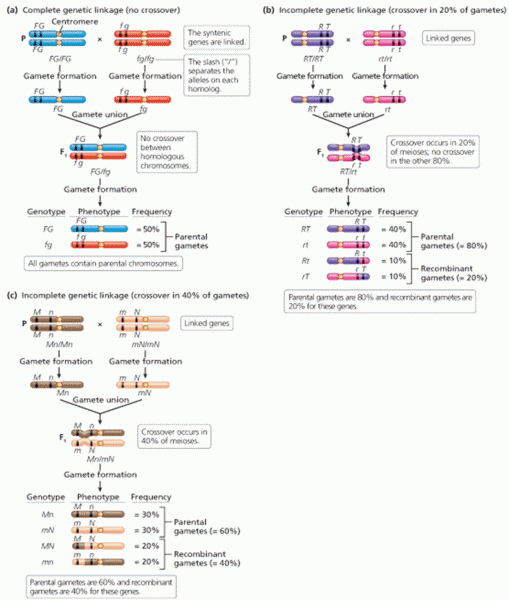Answer to Question 1
The following are possible PES statements. It may be helpful for students to initially write more than two nutrition diagnoses and then prioritize as to the ones that are most likely to have immediate nutrition interventions.
Inadequate protein-energy intake related to recent poor appetite and nausea and vomiting secondary to CKD as evidenced by typical recent daily intake of 1300 kcal and 64 g protein compared to recommended 2450 kcal and 72 g protein (hemodialysis)
Inappropriate intake of carbohydrates (sugars) related to drinking of sweetened cola as evidenced by typical daily intake of sugars providing 17 of total kcal
Altered nutrition-related laboratory values related to inappropriate intake of sugars as evidenced by BG of 282 and A1c 8.9 (the etiology may need to be further examined; it could be related to medication dosage, infection, etc.)
Limited adherence to nutrition-related recommendations related to (additional information needs to be gathered from a nutrition assessment and interview) as evidenced by patient stating that she tried to follow the diet that she was taught 2 years ago but it was hard to keep up
Undesirable food choices related to (additional information needs to be gathered from a nutrition assessment and interview) as evidenced by consumption of higher-sodium foods such as processed meats, potato chips, and crackers
Answer to Question 2
Incorporating physical activity into his daily routine will help with weight loss and will aid in correcting his lipid profile.
He may need to change the types of foods he eats.
- Concentrated sugars will need to be avoided post-surgery.
- Smaller, more frequent meals may require a change in lifestyle/eating habits, since pt. will be eating 6 small meals rather than 3.
- The patient will need to learn how to read the signals indicating fullness and stop eating to avoid nausea and vomiting. He must adjust to a very small stomach capacity and the decreased food intake this necessitates.
- Once his stomach expands, lifestyle measures will need to be taken to practice control over serving sizes. Stomach stretches to size of a cup in about a year.
- Follow up with bariatric health care team.
- May have excess skin or other skin problems; subsequent procedures may be a option to consider.







